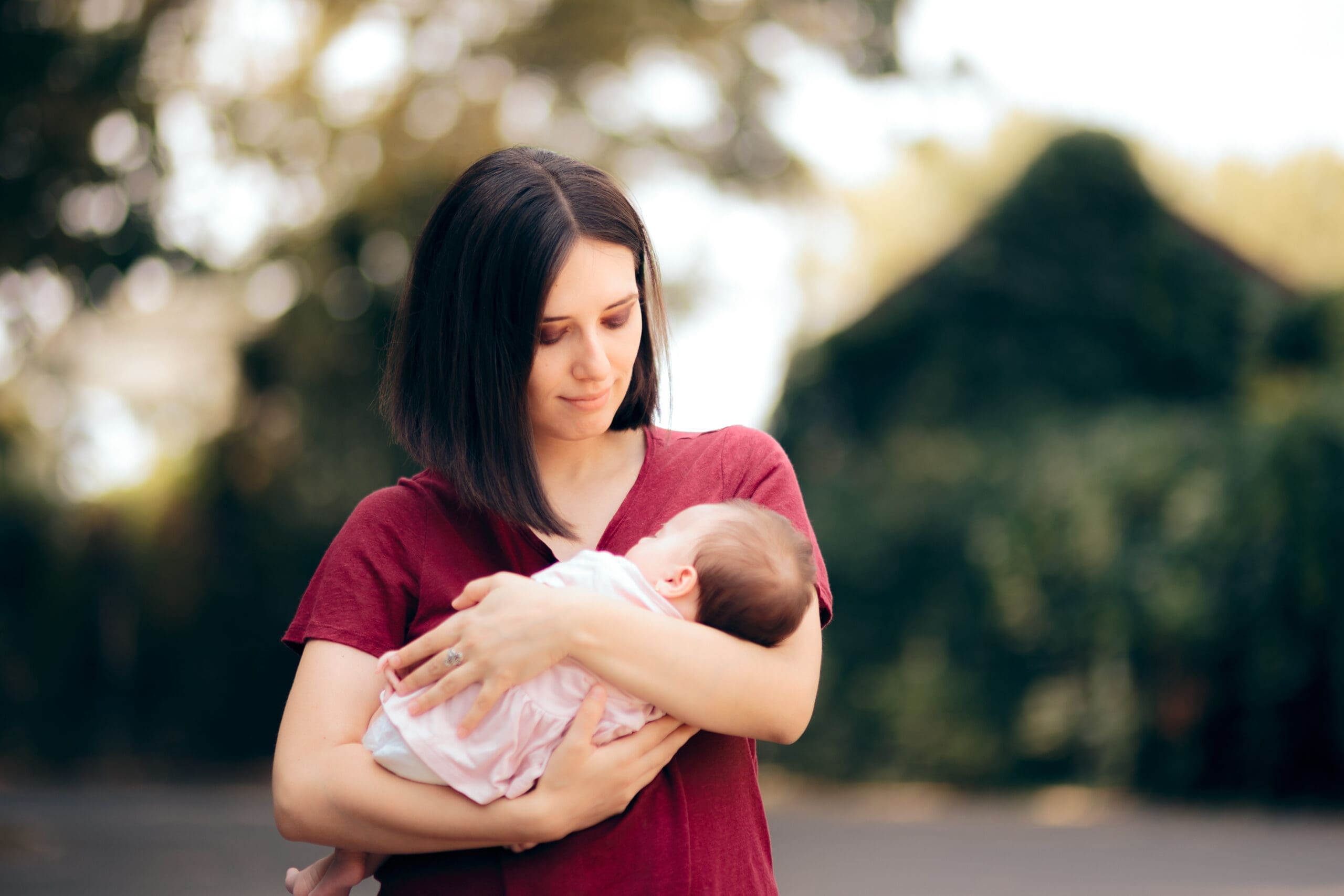In the past couple of years there have been several natural disasters in parts of Australia from floods to bush fires.
You might have an intuitive understanding that stress isn’t good for pregnancy, but did you know that environmental stressors can also affect pregnancy outcomes and the health of newborns?
A recent study from the University of Queensland looked at the links between tropical cyclones and the health of newborn babies – including outcomes like their birthweight and whether they were pre-term. The results showed that environmental stressors during a mother’s pregnancy can raise the risk of these poor birth outcomes.
The researchers looked at a decade of Queensland birth records from 2008 to 2018, during which there were three major tropical cyclones. In all, there were 650,000 births and the records captured the baby’s weight at birth and its gestational age (how far along in the pregnancy the baby was born). The study also accounted for other factors that influence a newborn’s health outcomes like the mum’s age, if she had smoked during the pregnancy and if it was the mother’s first baby.
About 100,000 of those recorded pregnancies overlapped with the periods the three cyclones hit Queensland. Of those, mothers who were in affected areas had higher proportions of preterm birth or a baby with a low birthweight. If the cyclone occurred in early pregnancy, there was a higher chance of the baby being premature, but if it occurred in mid-pregnancy, there was a higher chance of the baby having a low birth weight.
Environmental stressors on mothers-to-be, even from the early stages of pregnancy, can affect birth outcomes, which in turn can have significant impacts on a baby’s later life. Given that climate change is leading to more frequent and intense weather events, it’s important to consider the enduring health impacts they can have. Being aware of the effect of external, environmental stressors on pregnancy outcomes means we can identify those at risk and aim to provide additional support to mothers who may need it.

